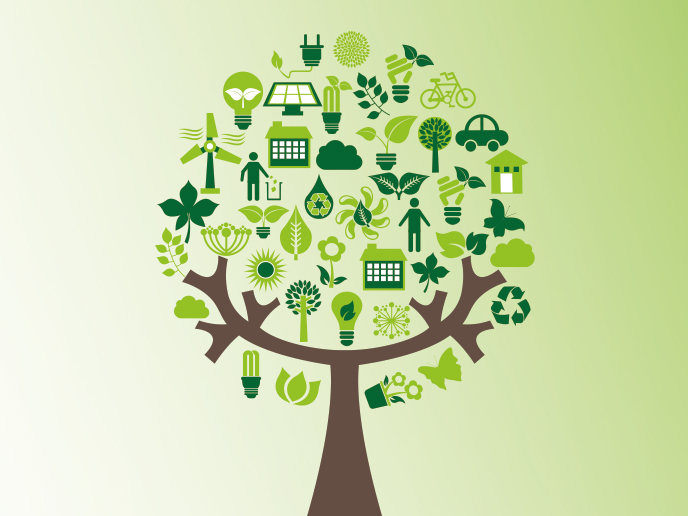Frontier research for the Green Deal: Driving forward Europe’s climate ambitions through innovation and transformation
Founded in 2007, the ERC’s primary mission is to provide grants to Europe’s most talented and dedicated researchers, without predefined themes and based on the sole criterion of scientific excellence. ERC grantees tend to be at the forefront of their fields and the funding offered to them gives them a chance to realise their most creative ideas and potentially produce results that will have a major impact on science, society and the economy. As a result, their research takes place at the frontiers of current human knowledge and indeed, are pushing them further outwards. Therefore, they are in a prime position to contribute to the broad discussion currently taking place on the European Green Deal.
The importance of frontier research
The Green Deal itself will span almost every policy area and research field, from enabling sustainable agriculture, industry and mobility, to clean energy, new methods to eliminate pollution and efforts to preserve biodiversity and increase urban sustainability. It aims to completely transform Europe’s economy and societies to make them truly green. Being such a large undertaking, frontier research will be a crucial ingredient in this transformative process. Advances in human understanding and knowledge driven by frontier research can help provide important context and comprehension of the issues at stake and can already begin laying the groundwork for real solutions to emerge. One recent example of this is COVID-19, where nearly 180 currently running ERC projects were immediately relevant to help address the pandemic. This is because they had already been engaged in research that could easily be recalibrated to help find viable answers to the many challenges and hardships that the virus has unleashed.
The projects paving the way
In the same vein, many of the ERC projects featured in this Results Pack are already engaged in pioneering research that may now be at a more theoretical or early technological development stage but could soon form the backbone of the drive to achieve the aims of the European Green Deal. Their research is broad, taking in many different fields but all of which have a key role to play. In particular, there is the ALLEGRO project, which has provided important insights into pedestrian and cyclist behaviour that can help busy urban centres implement better systems for sustainable mobility. Then we have the BacBio project, which hopes to lead the way towards more sustainable agriculture, one relying more on beneficial microbes and less on pesticides and fungicides. Looking specifically at industry, the COFLeaF project has taken inspiration from plants to develop green alternatives to chemical fuels, whilst the CUSTOM-SENSE project has created biosensors that will help identify microorganisms that could one day help to replace fossil fuels as sources of industrial compounds. Moving to the energy sector, the SEEWHI project has been working to optimise the upcoming third generation of solar cells that promise fast and cheap industrial scaling. Moreover, the WINDMIL project team has created a new monitoring system that uses low-cost sensors to efficiently inspect and monitor a wind turbine’s performance and structure, resulting in an extended lifespan for this important source of renewable energy. With biodiversity and conservation in mind, the TREECLIMBERS project has been studying lianas plants, which has provided fascinating insights on how rainforests are coping and adapting to climate change. And the AIRSCAN project has brought about an ultralight, low-cost aircraft for better animal tracking with no ground operations required. Finally, from a policy perspective, the SUSTAINABLEOCEAN project has helped to create new legal tools to help policymakers balance competing interests at sea and create a more sustainable ocean policy and blue economy. Elsewhere, the LITTLE TOOLS project has undertaken detailed surveys and analysis to help explain how large transitions in society can occur, specifically looking at the growth of the bioeconomy. These examples provide a snapshot of the full menu of 15 projects that are found within this Pack but these 15 projects themselves only scratch the surface on how innovation and excellence driven by frontier research will help turn Europe’s Green Deal from mere ambition to a solid reality.



